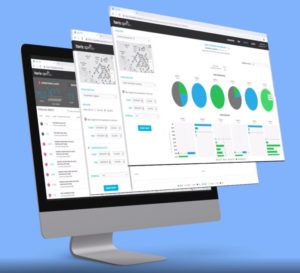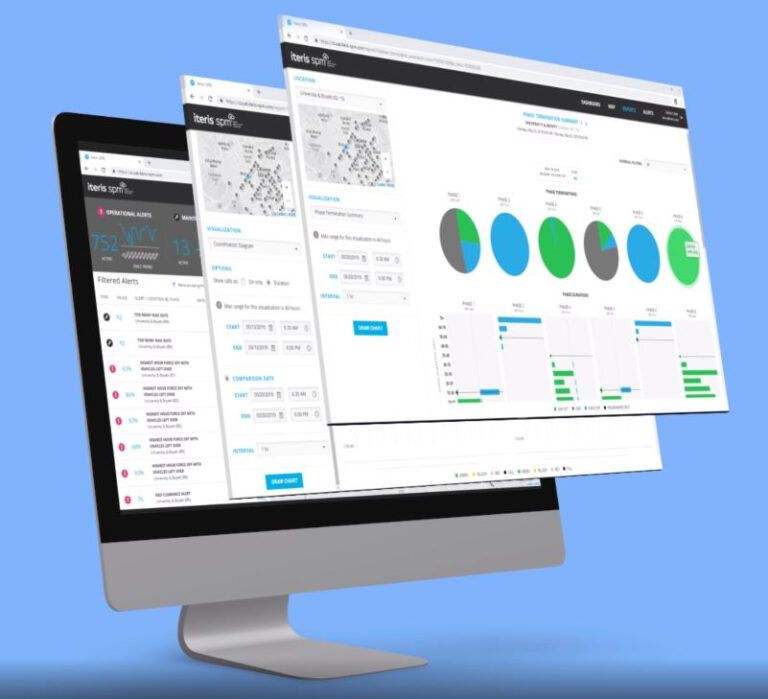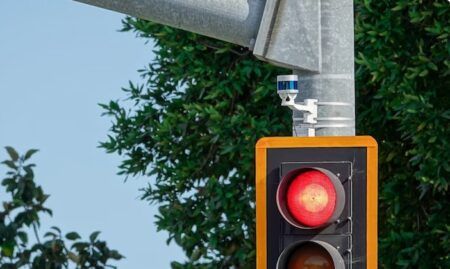Supplier of applied informatics systems for the transportation industry, Iteris Inc. has been awarded an US$800,000 traffic signal synchronization project by the Illinois Department of Transportation (IDOT).
The five-year project includes signal coordination and timing improvements at various locations in IDOT’s District One, which covers part of the Chicago metropolitan area. The project involves traffic signal operations in six counties: Cook, Lake, DuPage, Kane, Will and McHenry. The project will help to support IDOT’s goal of improving the flow of traffic for the state’s road users. In January this year, Iteris opened a new office in the Chicago suburb city of St Charles, to support its recent Midwest expansion program following new multi-year initiatives in Nebraska, Iowa, Ohio and the greater Chicago area. The company expects to commence the traffic signal synchronization project immediately.
Under the project agreement, Iteris will develop optimized traffic signal coordination and timing plans at heavily travelled corridors and respond in the field to traffic signal and system operational issues, complaints and other District One needs at short notice. Other tasks include preparation or review of traffic signal design and networking plans, traffic studies, and other tasks as assigned by the district’s traffic programs engineer. The primary goal is to improve traffic flow and safety for all road users, including vehicles, buses, bicycles and pedestrians, by providing updated signal timing and signal synchronization along the corridors being analyzed. The IDOT project will feature the Iteris Intersection-as-a-Service system using its cloud-based SPM (Signal Performance Measures) software.
“We are proud to support IDOT’s goal of improving the safety and mobility of Illinois’ road users by embarking on this traffic signal synchronization project,” said Scott Carlson, vice president and assistant general manager of transportation systems at Iteris. “This initiative represents the continued expansion of our traffic signal coordination services in the Midwest and will ultimately help to increase the value and effectiveness of the region’s existing transportation infrastructure, while also improving air quality and reducing fuel consumption.”





